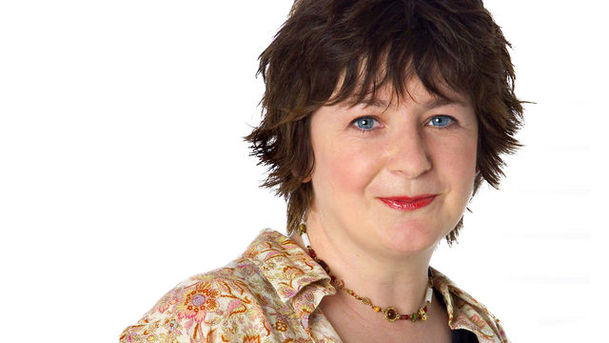Woman's Hour - 24/12/2009

With Jane Garvey. Rebecca Stott is Professor of English Literature and Creative Writing at the University of East Anglia, and a freelance writer and broadcaster. Her first novel, Ghostwalk, published in 2007, was shortlisted for several awards. She discusses her latest novel, The Coral Thief. Set in Paris in 1815, it's the story of a bunch of philosophical thieves who are trying to break into a museum, a kind of Ocean's Eleven meets Rousseau's Confessions. The piano in the home has been in decline since record players were first introduced into people's lives in the first half of the 20th century. Now architects design houses for watching television in, and music-making is all about being in a private and enclosed space - mobile phones, earphones, laptops, the bedroom door shut. Jane discusses pianos and if every home should have one with Toner Quinn, editor of The Journal of Music, and the broadcaster Susan Jeffreys. How much is the public's affection for the piano waning? Is the piano just another piece of technology that is bound to go out of fashion? And could it be possible to see a resurgence in the popularity of the brown or black upright in people's houses? And every country in the world has its own versions of fairy stories or folk tales, where children escape wicked witches or scary dragons to live happily ever after. Sadly, for some the monsters are all too real. Every year children, often unaccompanied, arrive in the UK seeking asylum, often on the run from situations of unthinkable conflict and violence. Now a project run by the Medical Foundation for the Victims of Torture is using old folk tales to help them confront and come to terms with their past. The pioneering approach combines roleplay and storytelling in a group setting, and was developed by psychotherapist Sheila Melzack and Israeli storyteller Shai Schwartz. Caroline Swinburne went to see Sheila and Shai facilitating a session.